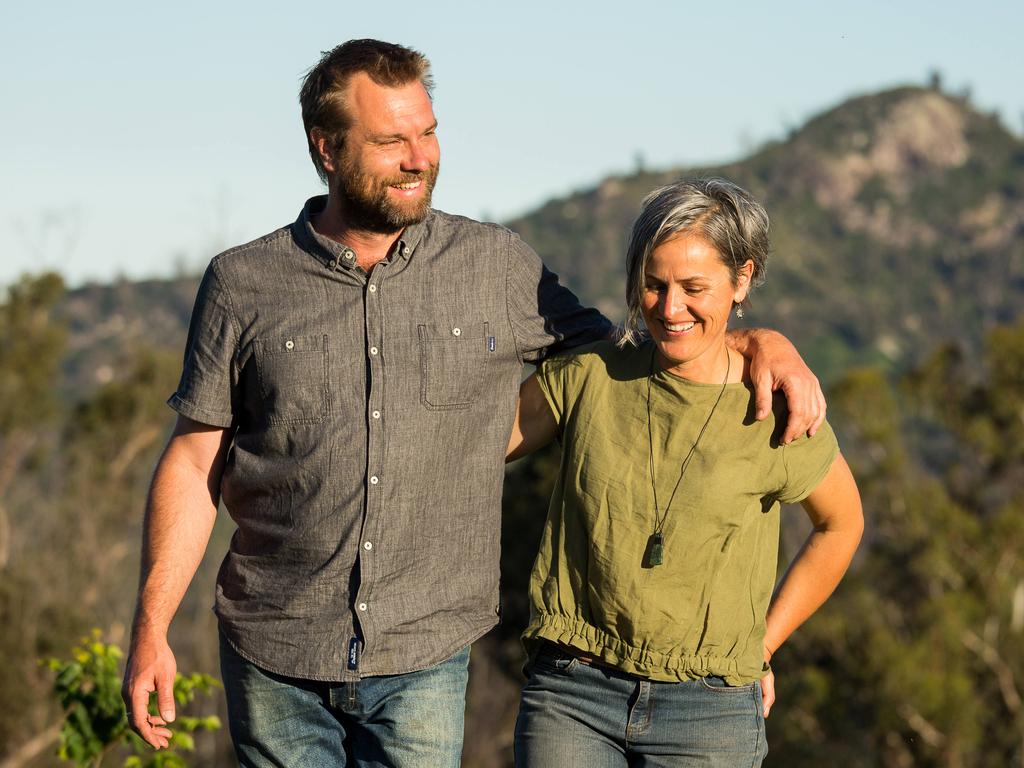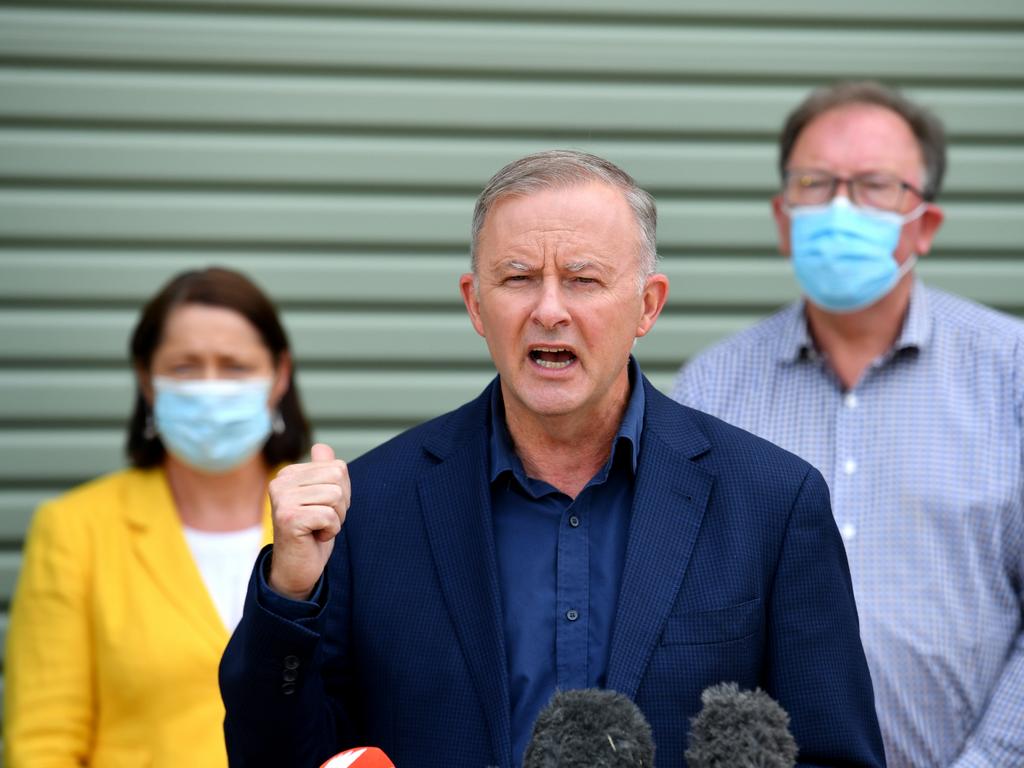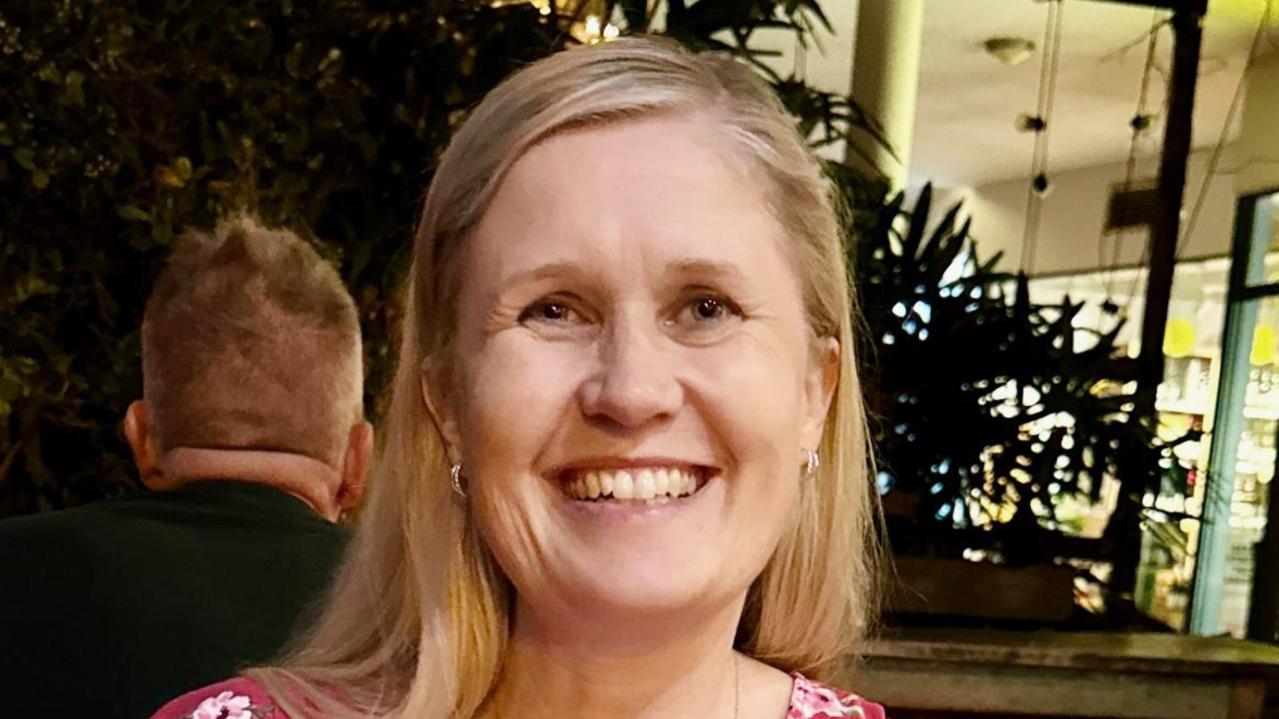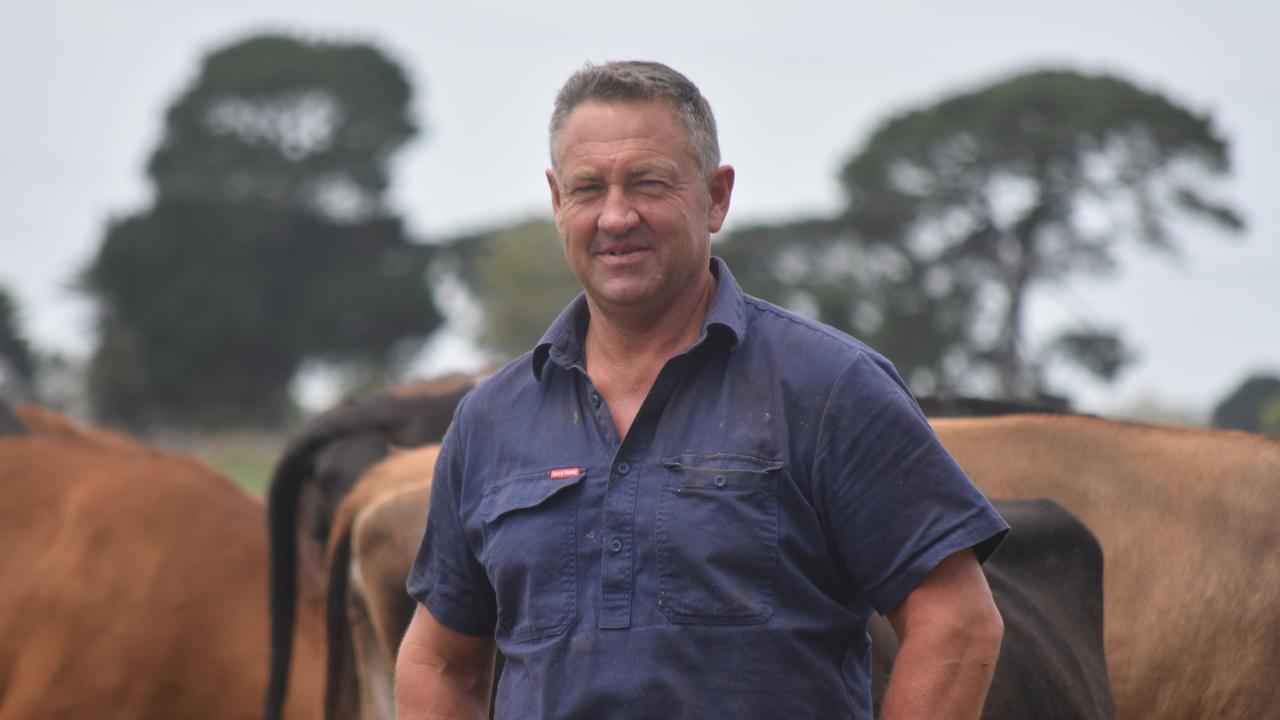Mental health support needed two, three years after disasters
Suicide Prevention Australia is calling on all levels of government to provide funding for mental health support beyond the immediate aftermath of natural disasters.
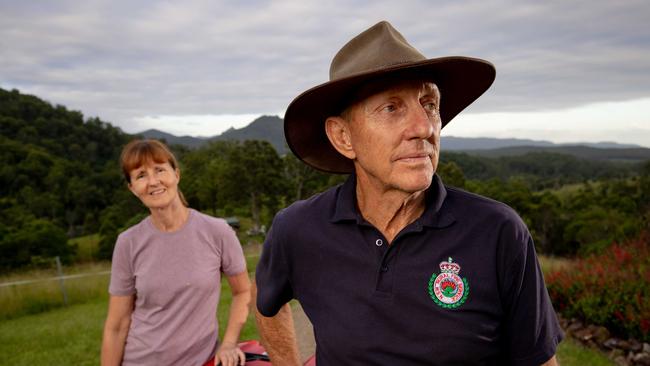
More than two years after the Black Summer bushfires tore through a small village on the mid-north coast of NSW, emotional fractures in the community remain.
NSW rural fire service deputy captain Greg Hale from Killabakh – about 20km north of Taree – said even after a career in child protection and experience dealing with mental health crises he found it difficult to admit he needed help before undergoing a year of counselling.
“People think because it’s happened two years ago it’s all OK. It’s not,” the 67-year-old said. “Even people who are professionals need to understand that the way they can resolve things is to talk about it themselves.
“The trauma in it is that you have no control over it, and you can’t stop it. Bushfires and any natural disaster have their own life.”
Nine homes were swallowed up by the Rumba complex fire that burned in Killabakh for 10 days from November 8, 2019. A young couple left the area because of the traumatic experience and two other long time residents decided to leave, Mr Hale said.
“(The fires) caused some fractures in the community here. Some really significant long term residents have left the area,” he said. “And then of course Covid came along and stopped all that connecting with each other. I think the only way you can recover from a traumatic event like that is to communicate with each other.”
It comes as Suicide Prevention Australia called on federal and state governments to deliver mental health and suicide prevention funding for two to three years after a natural disaster, amid research that risk of suicide can increase between two and three years after a traumatic event.
The organisation’s new policy position cited evidence from the US which found rates of suicide could increase up to three years after a disaster while another study showed suicide rates increase up to two years later.
According to the policy, immediate one-off counselling sessions are not effective.
“The Australian government should provide discretionary funds through (public health networks) or other mechanisms to respond to need for suicide prevention in the event of future disasters or economic crises, such as bushfires, floods, epidemics for extended time periods … up to 2-3 years after a disaster,” the position statement read.
The organisation has also called for funding to ramp up resources at helplines to cope with a surge in requests for help in the immediate aftermath of a disaster. They also want research into the way vulnerable groups – including Aboriginal and Torres Strait Islander people and LGBTQI people – are affected by traumatic events and could benefit from targeted post-disaster intervention.
Mr Hale said the Killabakh RFS received little assistance from other fire brigades, leaving many in the community upset they were left to fend on their own.
He said he suffered from survivors guilt after asking his crew permission to fight the Rumba complex fire on his property to support his wife and her mother while members defended other properties.
“That was for me a really powerful feeling about the fact that I stayed here, and I saved Wild Honey (his hobby farm), but other people lost their houses,” he said. “I felt comfortable about what I did, I know exactly what I‘ll do next time as well and it prepared me for the future.”


